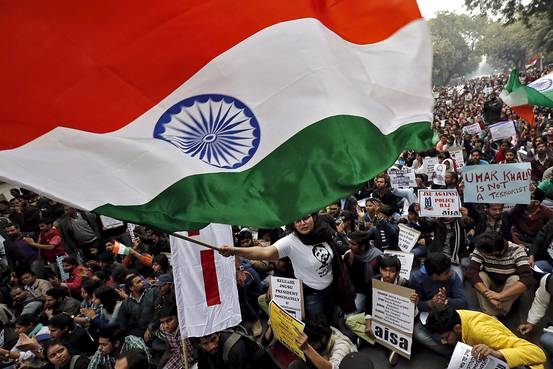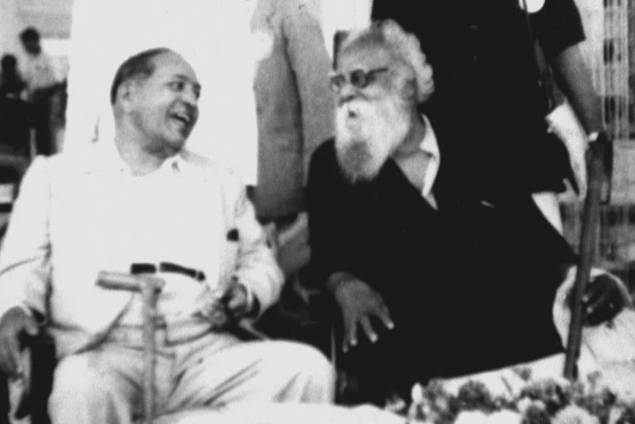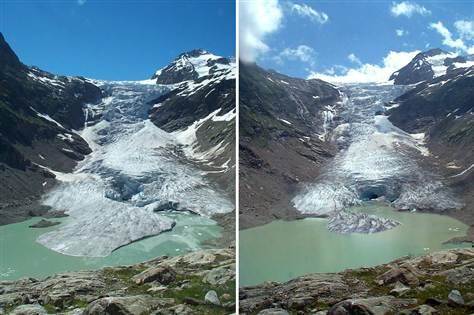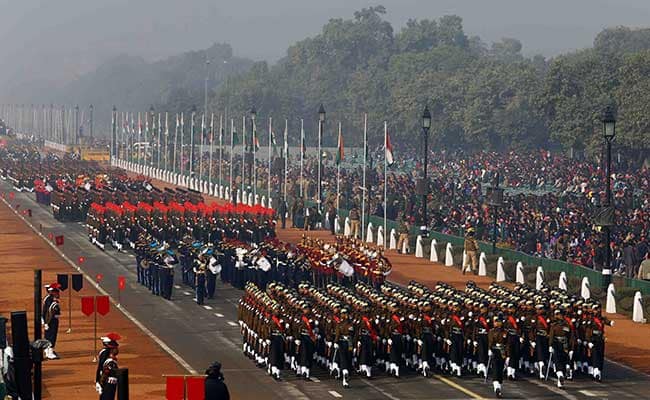
As we make an attempt to discuss the India of the future, a severe water crisis is threatening the nation. One of the metro cities – Chennai – has been reeling under this crisis for months now and the situation there has reached alarming proportions. According to the ‘Composite Water Management Index’ (CWMI) report, released by NITI Aayog on June 14, 2018, 21 Indian cities will run out of ground-water by 2020, and 40% of India’s population will not have access to drinking water by 2030 (https://www.business-standard.com/article/current-affairs/40-of-indians-will-have-no-access-to-drinking-water-by-2030-niti-aayog-118062500074_1.html). This is in a nation where 2,00,000 people die annually for want of adequate and safe drinking water (https://www.business-standard.com/article/current-affairs/40-of-indians-will-have-no-access-to-drinking-water-by-2030-niti-aayog-118062500074_1.html). It is well understood today, even if not openly acknowledged by the supreme political powers, that such crisis are man-made and not natural. The huge crisis of climate changes stares the whole world in the face today with a potential to destroy all life as we know it, sooner rather than later. In such a scenario, the foremost need today is for the government to openly acknowledge the urgent environmental crisis that we face and to draw concrete and drastic plans to address the situation. For this, the direction in which the policies have hitherto been targeted will have to undergo a complete reversal. The attitude of callous disregard and even contempt for the environment that we have diligently learned will need to be completely unlearned. Human beings will have to acknowledge their complete folly of attempting to master the nature and will have to go back to live in harmony with it. (Even so, we might not be able to mitigate the disaster that confronts us). However, the greatest onus for making this effort lies with the state power. The time has long passed when individual or societal efforts – without government support – could make a difference.
The second major area, in my view, where a complete reversal from the current policy direction needs to be effected, is in the field of education. The state has been abdicating its responsibility of ensuring the provision of proper education to its citizens, with alarming speed and alacrity. The content and meaning of what today constitutes ‘education’, is a matter for a whole different discussion altogether, however, the responsibility for even what is termed as ‘education’ today is being continuously and increasingly transferred to the private players. When the representatives of the people (who have been chosen by the people to represent them in running the country on their behalf), are not ready to take ownership and responsibility for the very citizens who elect them, then how can private players – whose basic motive for entering any field is primarily to make a profit – be trusted to shoulder that responsibility? And the more basic question, in fact is, why should the private players be asked to do so in the first place? In the absence of universal public schooling, the inequalities in the education system of the day have reached such glaring proportions that the hope of a decent education eludes majority of the population today. Only a movement towards universal public schooling can hope to salvage the situation (even if it is possible to do so).
Similarly, the provision of decent health care facilities to all its population is the responsibility of the state. The desirable direction of movement in this regard will again be towards ensuring the provision of basic decent primary health care facilities to all the citizens, rather than diverting all resources towards creation of world-class facilities accessible to the elite of the society, whereas the majority of the people continue to die for want of even the basic minimum facilities.
There is an urgent need to tackle the issue of the massive levels of unemployment and underemployment that are prevalent today. On the one side, there is a dearth of professionals everywhere – be it doctors or teachers – on the other hand, unemployment rate is at a record high. Whatever jobs are generated are on contract basis, with no amount of job or financial security whatsoever. The wage levels are depressed, the standard of living is deteriorating day by day and decent self-employment options remain a distant dream for most. A huge governmental thrust is required in order to revive the job market which will in turn revive the economic growth, development and well-being of the nation.
There are numerous ways in which the state can play a decisive role in reducing social inequalities – those of class, caste, religion, gender and the like. State has a huge role to play in the kind of society that is established. The progress of a nation is bound to be held in check if internal disturbances and strife continue to fester in the name of caste, class, religion etc. For even a remotely promising future, it is essential that internal strife is kept to a minimum and thus it is in the long term interest of any and every government to work towards the creation of an equal and just society that treats all its citizens alike.
There are numerous and endless problems that our nation and society faces – which render bleak the hopes of a bright future. The inequalities in our society – economic as well as social – are glaringly high and are increasing by the day. The poor are becoming poorer and the rich richer. Any hopes of justice that a common man might harbor, are mostly thwarted by the system. Yet, losing hope is not an option. Not trying and working towards a resolution of these umpteen issues is also not an option. There are also numerous other issues that are not mentioned above, and there are numerous constructive ways of working towards their resolution. Each one of us owes it to ourselves, our future generations and our nation to not shy away from doing their bit. The India of our future is for us to envision and to build. The shape that it takes will depend on what that vision is and how much efforts we are ready to put in to realize that vision.
Nivedita Dwivedi is a graduate from TISS















































